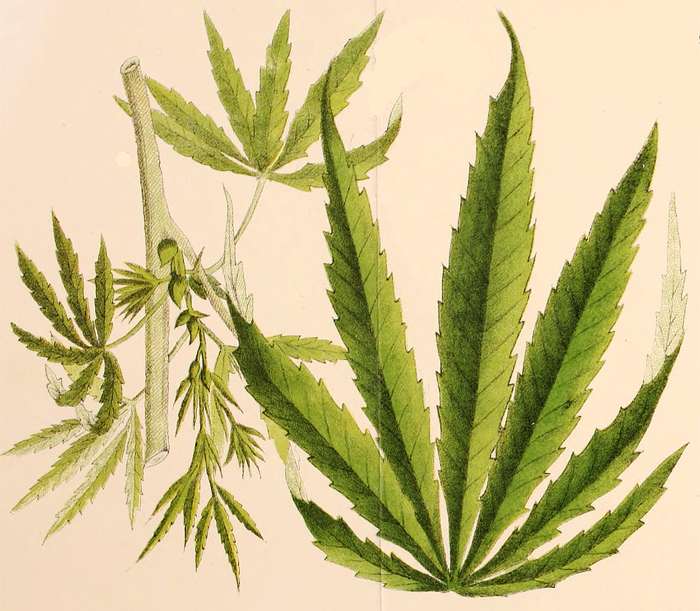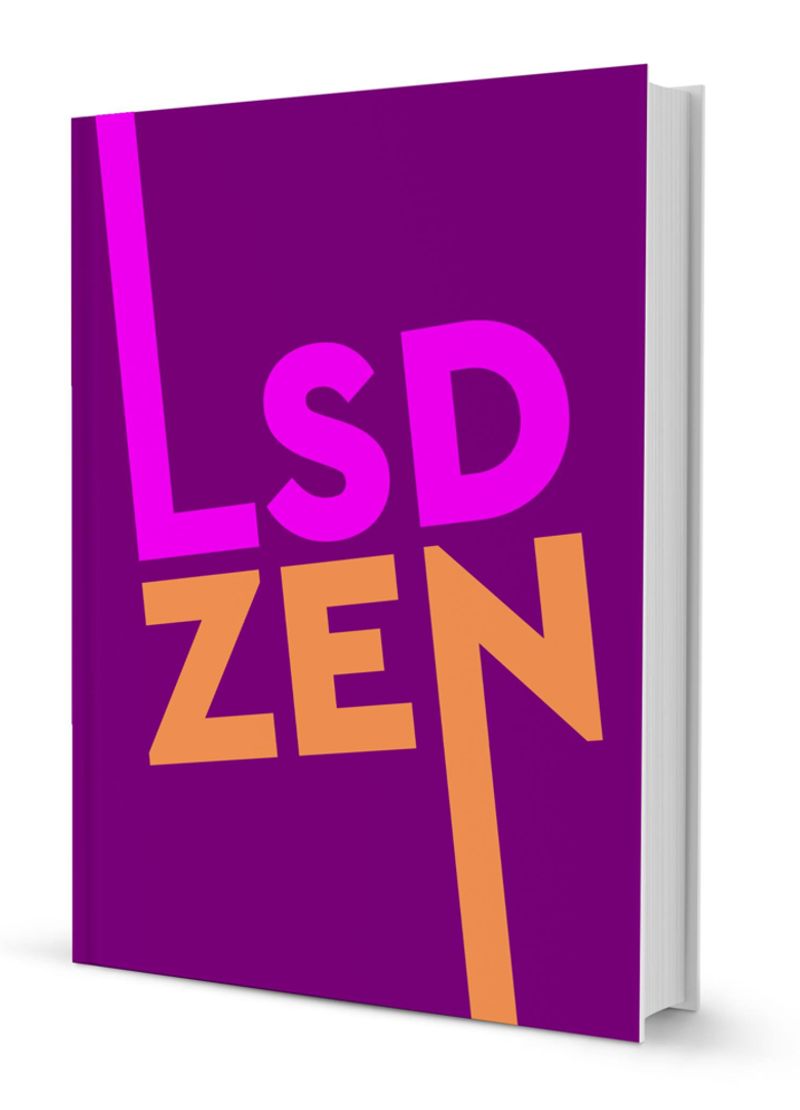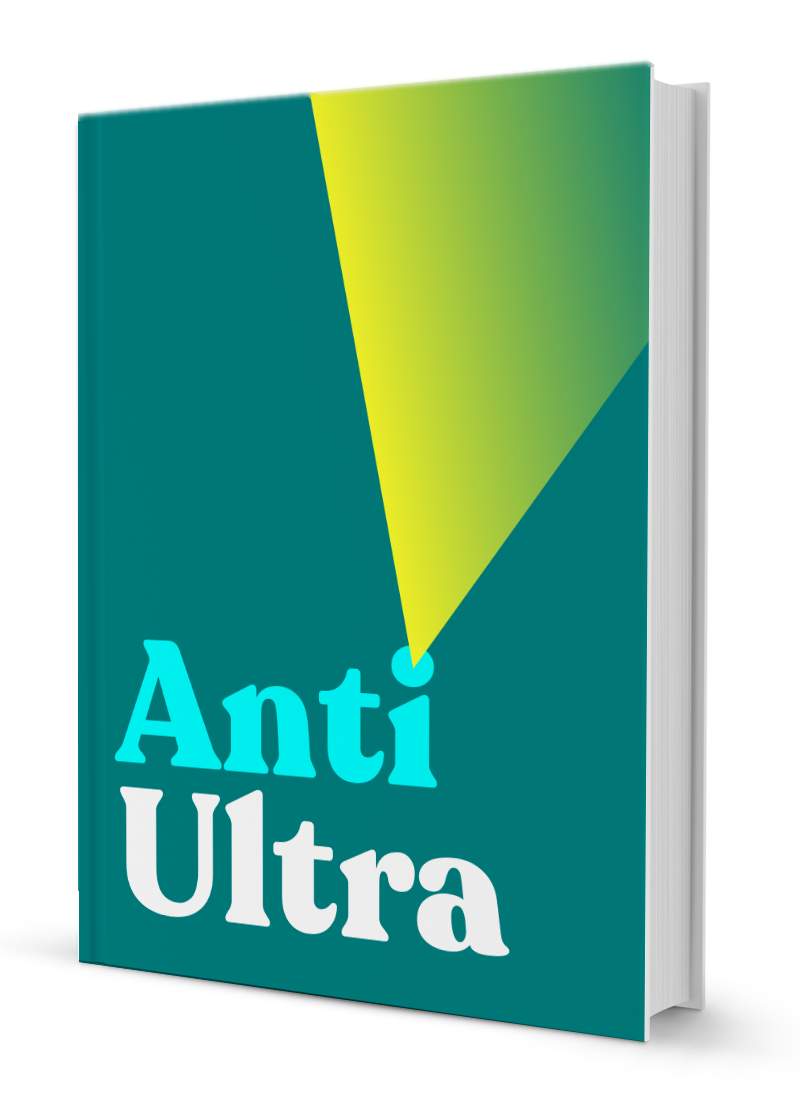Cannabis as a Treatment for Alcoholism
By Todd H. Mikuriya, 1971

The physical and psychosocial effects of alcoholism are varied in kind and amount, depending on each individual case. The behavior of the alcoholic is due to a complex interplay between the pharmacologic-effects of alcohol and the psychosocial-environment of the user. Researchers Tamarin and Mendelssohn[1] vividly describe the destructive effects of prolonged alcohol intoxication in their paper The Psychodynamics of Chronic Inebriation (1969) which I quote, here:
The anxiety-reduction model often used to explain initiation and perpetuation of episodic drinking was found inadequate to explain motivation for alcohol use by the alcoholic. Euphoria and elation were manifest only during the initial phases of intoxication. Prolonged drinking was characterized by progressive depression, guilt, and psychic pain. These unpleasant effects, however, were poorly recalled by the alcoholics following cessation of drinking.
The degree of inebriation appeared to he more closely related to patterns of alcohol ingestion than to the total volume of alcohol consumed. Compulsive and constricted behavior patterns, which were present during sobriety, changed markedly during intoxication: There is increased verbalization, varied expression of feelings, increased interaction, and frequent behavioral regression. During inebriation, psychic defenses appeared weakened with significant reduction of repression and reaction formation.
These types of chronic, abrasive difficulties have been noted by a patient of mine, a 49-year-old lady (who we will anonymize as 'Angela'). This lady, Angela, had a history of alcoholism dating back from her teens. Her condition had been unsuccessfully 'treated' by varied group, and individual-psychological, treatments for many years.
When Angela was referred to me, she had been using illicitly-obtained, crude marijuana, intermittently, with a frequency of perhaps every weekend or so. It was noted that when Angela smoked marijuana she decreased her alcoholic intake. I instructed her, therefore, to substitute cannabis daily — any time she felt the urge to partake in alcohol.
Just in case she should impulsively think of slipping back into her old habits, Antabuse® (disulfiram) — in the usual loading and stabilizing doses — was administered to afford her additional buttressing for her ego strength. As related to Cannabis, the addition to the Antabuse® might be compared with providing a 'stick', as well as a 'carrot' for the donkey (the patient).
Anglela offered me her observation in an interview after she began to substitute cannabis daily for alcohol. Here is that interview:
ANGELA: I've been on grass every day this week. I've also been on Antabuse. I haven't had a drink since I saw you. I'm pretty proud of that. It was an effort totake it, because I am depressed, and I thought, well, you know, I've got to do something now or never. I've kind of given myself an ultimatum. I smoked grass every day this week. And the first couple of days I couldn't set myself a task to do anything. All I did was lay around the house and listen to music. I didn't go out of the house. I didn't do anything. But then I found that if I don't take as much, you know, just a couple of puffs is all I need, and I feel good and I can do what I have to do.
MIKURIYA: What can you do?
ANGELA: This week I really did things. I finally vacuumed my apartment. I haven't upacked all my suitcases yet, but I cleaned the refrigerator, washed my hair, had company for dinner, my son and his girlfriend. I was really high, though. But I got through it. They ate. I cooked it. [Laughs].
MIKURIYA: And you noticed no impairment in your performance, when you made up your mind you were going to do it?
ANGELA: Yeah. But I didn't smoke as much. I'd take a couple of puffs, and then maybe an hour later, take a couple of other puffs. I had a little pipe in my kitchen.
MIKURIYA: How many would you usually take, how many puffs?
ANGELA: I have a little water pipe. The barrel is about that big, and I fill it up maybe three quarters of the way, and if I smoked half of that I would be really stoned.
MIKURIYA: About how many puffs would you say that is?
ANGELA: Six or seven.
MIKURIYA: Taking just one or two, gives you the same kind of...
ANGELA: In alcoholic terms, you'd call it a glow.
MIKURIYA: But yet it didn't make you all lethargic?
ANGELA: No. So I find that if I limit myself, if I'm careful... and you know how this happened? I got some grass that doesn't burn, it's wet, so I can only take one or two and it goes out, then I have to relight it. So it was easier to [pace myself] than normally, because normally I would want to just get way up there real fast.
MIKURIYA: Supposing you had set about to do the same thing with alcohol, what would have happened?
ANGELA: Well, I've tried that with alcohol, too. I guess you might call it playing a game. I've limited myself. Dr. S. said that if I could limit myself to one highball every hour, that my system would absorb the alcohol, and I would be okay, I wouldn't get drunk or intoxicated. Sometimes I could do that, but I found that after a week or two, and the more stress I had, the less able I was to wait that hour. And then I found that I just didn't give a damn. Like the day before I first came in here I drank almost a fifth of alcohol, which for me is a lot.
MIKURIYA: So alcohol encourages you to drink more of the stuff?
ANGELA: Oh, yeah.
MIKURIYA: And from what I understand, grass doesn't have the same effect. It doesn't seem to call for another toke?
ANGELA: Right. There's another big difference, and that's my appetite. With alcohol, I want to get out of it, like put myself to sleep. But with grass, well, I eat everything in sight.
— MIKURIYA'S COMMENTARY —
Angela's first lesson was to learn her proper dose in order to perform routine tasks. She also discovered that she was able to function as a hostess and cook while taking a small amount of cannabis. Her description of the phenomenon of tolerance to alcohol contrasts graphically with the lack of tendency to increase the dose of cannabis.
Alcohol euphoria appears to cause irritability, belligerence and loss of control behaviorally. Cannabis euphoria in Angela causes, if anything, a mild lethargy and mild temporal distortion.
MIKURIYA: You noticed also that alcohol somehow decreased your control?
ANGELA: Yeah. Sure. For instance, I would go to a party, expecting to have a good time, being able to mix with people, dance. Whatever was going on, I would be able to participate in it, and after every party I'd wake up the next morning, feeling: Oh God! Did I ever make an ass of myself. Because it would get away from me.
MIKURIYA: How would it get away from you?
ANGELA: Half the time, before the party was over, I didn't know what I said or what I did. Like going up to somebody else's husband... it was in groups where this sort of thing just, you know... wasn't part of... the scheme of things. You just didn't do this. And another thing that alcohol did, it gave me the courage to walk into a bar if I was looking for a man.
MIKURIYA: Would you pick up men very much in bars?
ANGELA: Yes. I suppose it started a long time ago. The year before I came to the Center, I was really getting into messes... just dives. And getting drunk, and having blackouts, and waking up not knowing where I was.
MIKURIYA: But grass certainly doesn't give you this oblivion, does it?
ANGELA: No, there's a big difference. A real big difference. It's just not the same as drinking. With grass I just wouldn't go into a bar and pick up a man. For one thing, I wouldn't meet the kind of man I would want to meet.
MIKURIYA: So these different intoxicants really change your personality in most radical ways?
ANGELA: Yes. I have changed a great deal in the past year. My behavior has changed, I've changed, my attitudes have changed. With alcohol, there were three times in my life when I made a half-assed attempt at suicide. And all three times alcohol was involved.
MIKURIYA: How has grass changed things, as far as what you do, when you're stoned on grass? Besides making you feel sexy?
ANGELA: Besides that? I just feel good, relaxed, I don't feel depressed, and I love to listen to music.
MIKURIYA: And the way you feel toward others?
ANGELA: Others? Very gentle. I told you Sunday that my son came over. He wanted to go swimming that afternoon, and he wanted to know if he could bring a girlfriend. I said, sure. And when he came over, I asked them if they wanted to stay for dinner. And I had already started smoking grass that day, before they came over, that was Saturday. Everything just went along fine. At least I thought so. I wasn't concerned about whether my table was set right, or whether I served right. I mean, I just put the food on the table, and they could eat, I just wasn't bothered about things that would normally bother me.
MIKURIYA: If you'd been drinking, how would it have been different?
ANGELA: I think they would've waited until about ten o'clock at night to eat for one thing. And they probably wouldn't have waited, they would have gone out to eat.
MIKURIYA: Because you had been drinking a lot?
ANGELA: Right. I probably would have gotten into a fight with Bill, said some nasty things to him, whereas I ignored him.
MIKURIYA: So it seems that grass gives you all sorts of control. At the same time that you get some euphoria from it, some tranquillization?
ANGELA: Yeah, except that at the dinner table, I had the feeling that Bill certainly didn't know what I was talking about. And Chris didn't know what I was talking about. Leonard was laughing, so he seemed to know; to communicate with me. I wasn't concerned with it, I wasn't bothered by little things that are unimportant which, when you are drinking, are greatly magnified.
MIKURIYA: Like?
ANGELA: Like my husband not smiling at the table. Or is eating too much, or too little, or... anything. Or not talking.
MIKURIYA:So you become irritable?
ANGELA: Belligerent. Hostile. Nasty.
MIKURIYA: Makes you wonder why you'd want to drink at all?
ANGELA: Yeah. This week once I took the Antabuse, it hasn't been too much of a struggle. And the only thing that I'm concerned about with marijuana is that it's difficult to get, and it's illegal.
MIKURIYA: Do you find it per 'high' cheaper or more expensive than alcohol?
ANGELA: Oh, it's cheaper. Even though it's gone up in price, it's still cheaper. A lot cheaper.
— MIKURIYA'S COMMENTARY —
At about five months after the cannabis substitution therapy began, Angela showed an increase in insightfulness and she 'revisits' the different social situations where she would drink to excess and play her compulsive games.
She smokes hemp drug instead and notes that she relinquishes very little in the way of self control. At the same time, her physical health has improved, and she finds her disposition much less irritable and herself able to think and concentrate more readily.
The big difference she describes between the effects of hemp drugs as compared with alcohol is that "it made me high like alcohol, but it didn't give me that feeling in the pit of my stomach when I felt angry."
Angela finds herself confronted with different dilemmas now, since she is afforded a new awareness and control over her life, instead of being continually sick and intoxicated and acting out in a maladaptive fashion. Angela finds that many of the friends that she seemed to have such warm relationships with have little in common with her anymore,
Angela has also discovered that she is able to express anger more directly and in a controlled and appropriate manner, as compared with her uncontrolled expression of anger under the influence of alcohol with its destructive dis-inhibiting characteristics.
It would appear that for selected alcoholics the substitution of smoked cannabis for alcohol may be of marked rehabilitative value. The drug effect of cannabis, as compared with alcohol — while having a sense of euphoria and detachment in common — lacks any other similarity except the intent for which it is taken.
Excessive alcohol use produces a predictable weakening and dissolution of various superego and ego functions,whereas cannabis does not seem to have this attribute, providing, if anything, an increase in ego strength. Because cannabis does not facilitate ego alien behavior as seen with alcoholic excess, a great burden of guilt is removed, thus freeing the individual for more constructive pursuits.
The fact that cannabis did not produce sypmtoms of irritability upon withdrawal, nor effects on the gastrointestinal tract, as compared with alcohol, also assists in the rehabilitation of the individual. Since he is not physically sick anymore, he is thus free to begin resocialization with the expansion of his consciousness to perceive the subtleties of the world beyond his needs for immediate gratification or succor. Certainly cannabis is not a panacea, but it warrants further clinical trial in selected cases of alcoholism.
Some notes for the modern reader: The article above was transcribed by volunteers at The Castalia Foundation from a copy of our printed magazine The Psychedelic Review (1971). It has been lightly edited for a modern audience, but the content and ideas presented remain almost identical to the 1971 original. Specifically, we have given the patient a name, "Angela", where in the original print edition she was simply "Mrs A." Additionally, a few changes have been made to grammar in the interview; to improve readability. These changes are inconsequential to the intended meaning and we have remained faithful to the original publication.
[1] John S. Tamers, M.D., Jack H. Mendelssohn: The Psychodynamics of Chronic Inebriation: Observation of Alcoholics during the Process of drinking in an Experimental Group Setting. American J. Psychiat. 125:7 (January 1969).
Download Our Free Psychedelic Healing Books







